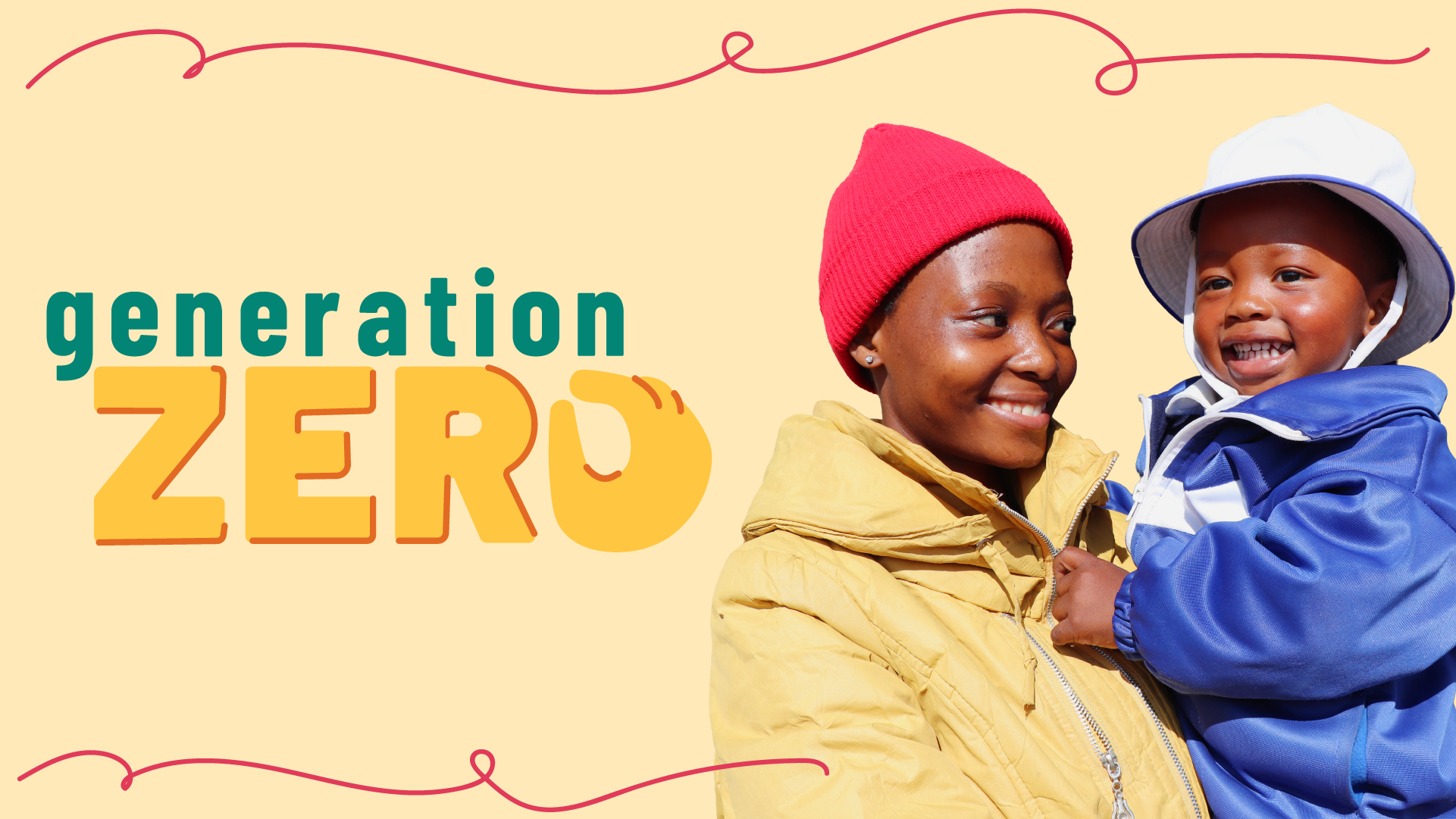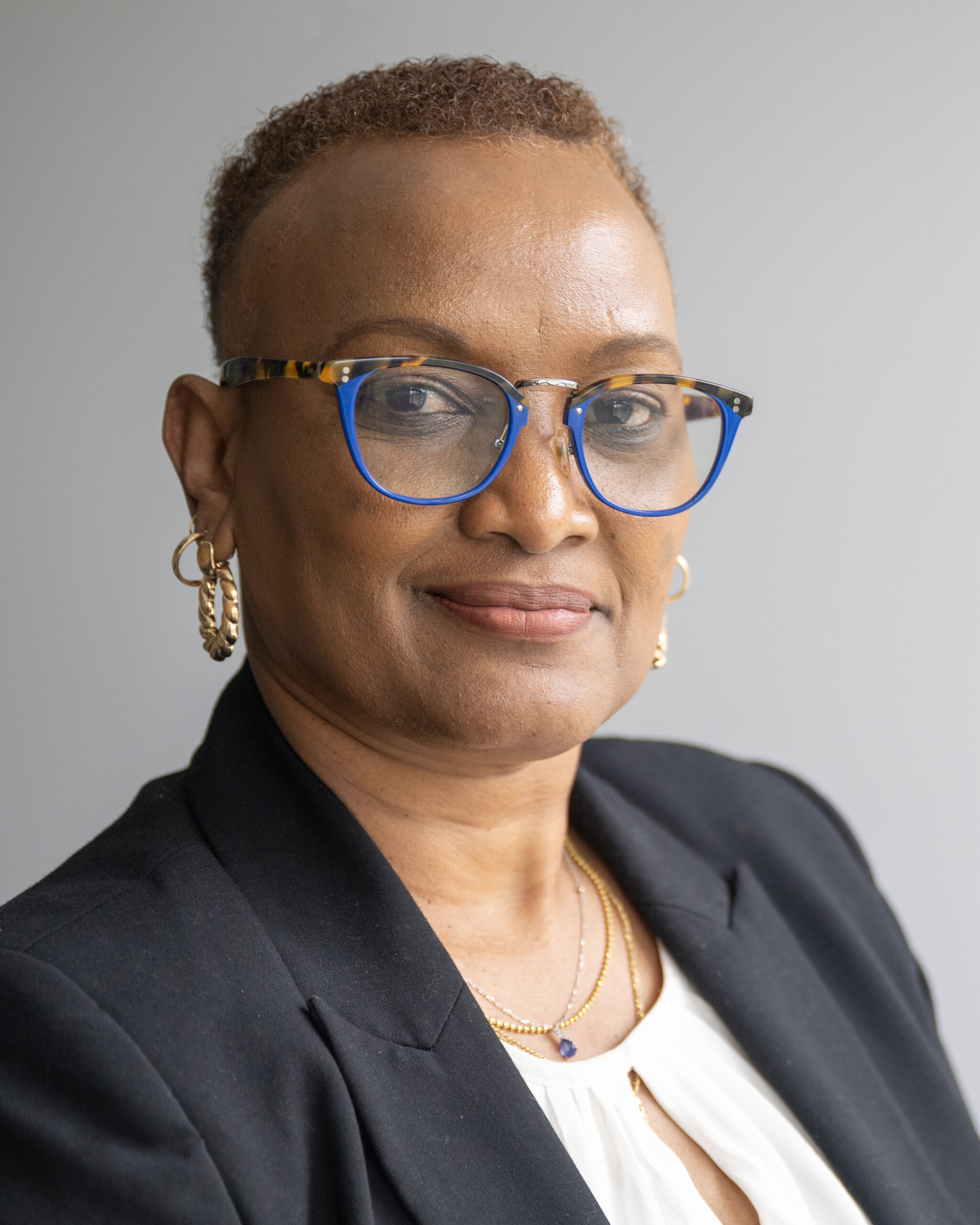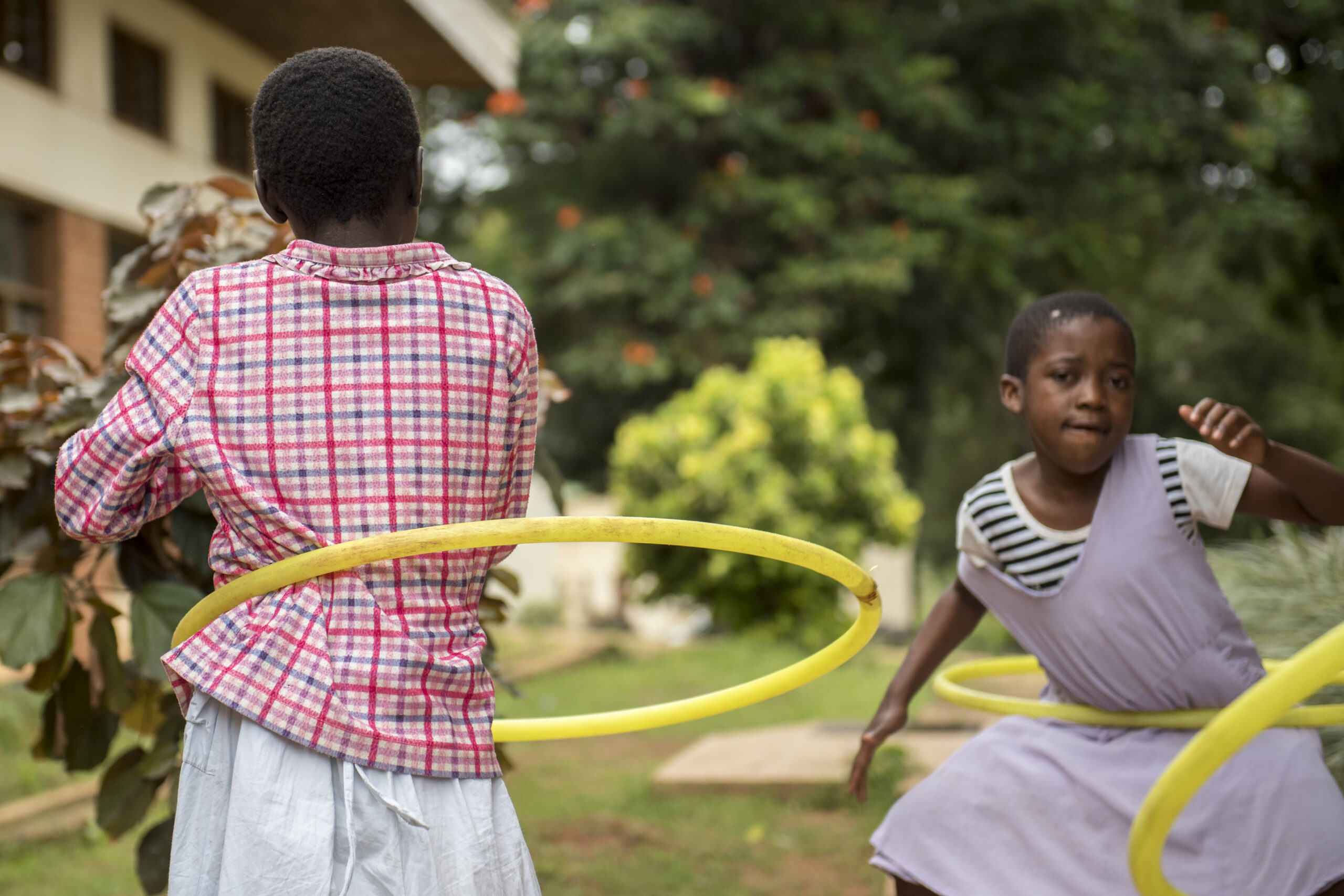Young women run parallel health risks in areas of Kenya where HIV prevalence is high: HIV acquisition, as well as pregnancy. Women who are pregnant and living with HIV run the further risk of transferring the virus to their babies. Adolescent mothers and their babies need support to access quality healthcare during and after pregnancy, and the adults in these young people’s lives—parents, caregivers, and community members—must be on board to makes this a reality. These four community leaders show what a difference an invested adult can make.
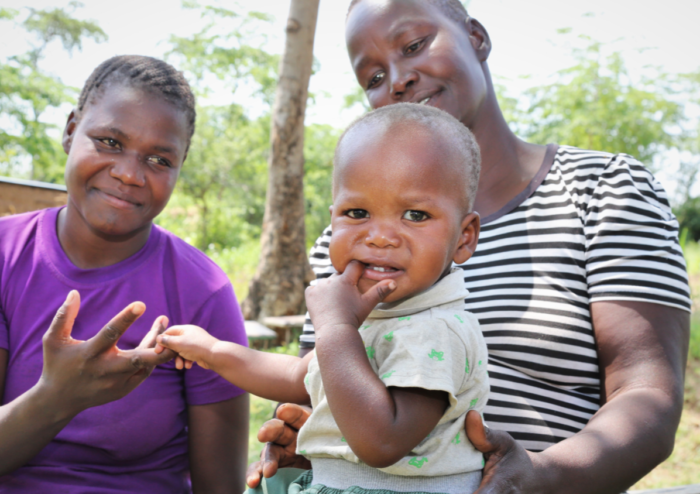 A Village Elder with a Pregnant Daughter
A Village Elder with a Pregnant Daughter
Risper had been chosen as a household head of their village, and her role was, among otherthings, to ensure that girls stay in school and do not get pregnant. So when her daughter, Rose, got pregnant, it hit Risper hard.
“I was ashamed! How would my villagers view me?” remembers Risper. “I felt so hopeless with her future, but the JUA team came in just in time and supported us to come out of this desperate situation.”
But that was just the first hurdle. Risper’s daughter is a shy girl. Opening up to the JUA mentorship team was difficult. “We had a breakthrough when Rose went to a support group and met other girls like her, and she was able to open up about her pregnancy,” says Risper.
Rose’s delivery was difficult. She developed a wound that needed to be looked after at home. Then, just days after delivery of Rose’s child, her father was taken ill. Within two weeks, he died. As the family made plans to bury her father, Rose’s wound became septic and she had to be hospitalized again for treatment.
“Although the JUA team had taught us how to take care of the wound, we did not follow the instructions keenly since we were preoccupied with burial plans. We are now focusing on Rose’s health and she is getting better by the day,” shares Risper.
I Am Responsible for the Wellbeing of These Girls
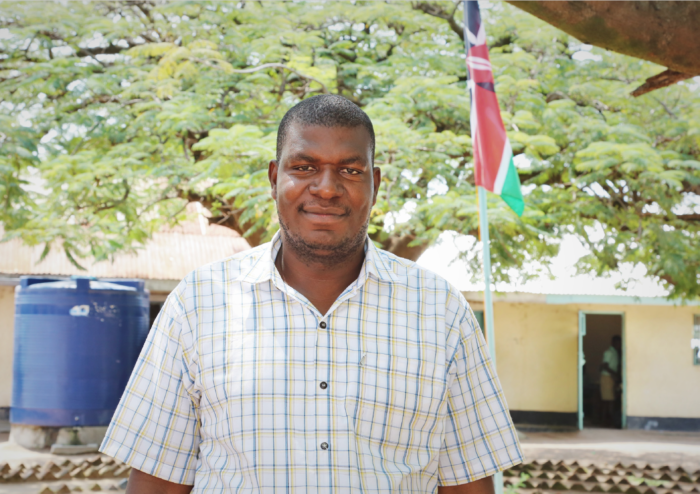 “When the JUA team met with me about a few of the girls who were pregnant in my school, I wasn’t surprised, because I suspected the same,” says Mr. Ouma, a teacher at Osodo Primary School. “But it was disappointing, especially since one of the girls was actually doing very well in school.
“When the JUA team met with me about a few of the girls who were pregnant in my school, I wasn’t surprised, because I suspected the same,” says Mr. Ouma, a teacher at Osodo Primary School. “But it was disappointing, especially since one of the girls was actually doing very well in school.
“I made it my responsibility to ensure the girls stay in school for as long they could. Together with the team, we reached out to the parents to allow the girls to come back to the school after they give birth and put some measures at home on how the infants would be taken care of while the girls are in school.
“I ensure that the girls have time away from class to go and breastfeed their children and give them leave time to take their babies to clinic. We have worked to make the school friendly to breastfeeding and pregnant girls, so they feel comfortable attending school and have exempted them from the school routine chores.”
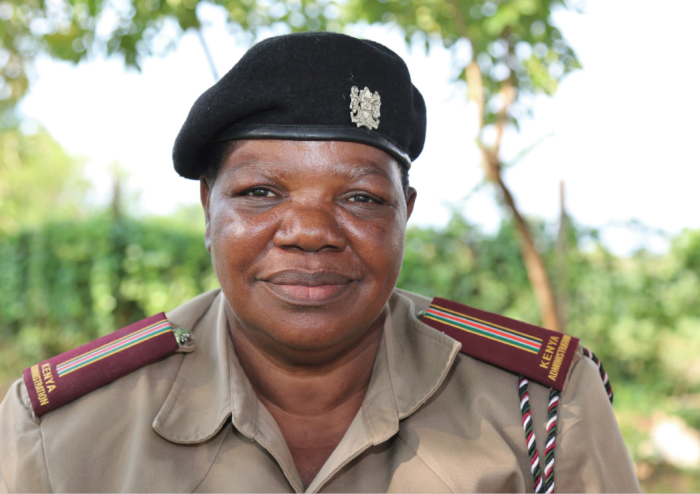
Protecting Young Girls Is My Passion
Madam Jennipher, the Mayenya Area chief, in Kolwa East, Kisumu County, gave the JUA team entry into the community during the program and supported the team to meet the community elders and conduct introductions. Madam Jennipher had been known at the community level as a mentor and a role model to the young girls in her community.
“At one time, I helped a young girl who had been sold off to marriage,” says Madam Jennipher. “The JUA program has given hope to the teenage girls in this community. I am very passionate about girls’ empowerment and will stop at nothing to ensure that teen pregnancies reduce in my community.”
I Had to Take Charge of the Health of My Own Family
“Being in the JUA project as a male household facilitator really showed me my role as a father and a husband,” says Michael, a JUA male household facilitator. “I took the responsibility to help my wife get to the facility for her postnatal services. She even took up a family planning method, which I had disagreed with previously. Going forward, I feel that my family and I will make better health choices for our lives.”
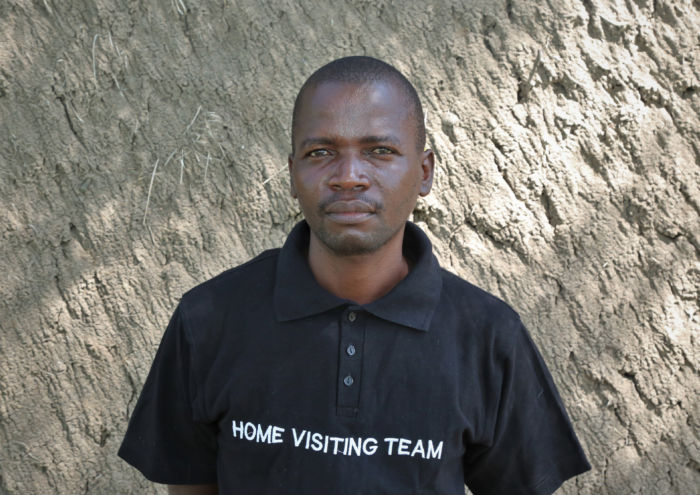
The AIDSFree JUA program was a collaborative partnership between international- and Africa-based civil society organizations, implemented by the AIDSFree Project with funding through PEPFAR USAID. The program was managed by JSI and EGPAF, alongside Kenyan civil society partners Make Me Smile, Kagwa, Adventist Centre for Care and Support, and St. John Community Centre.


